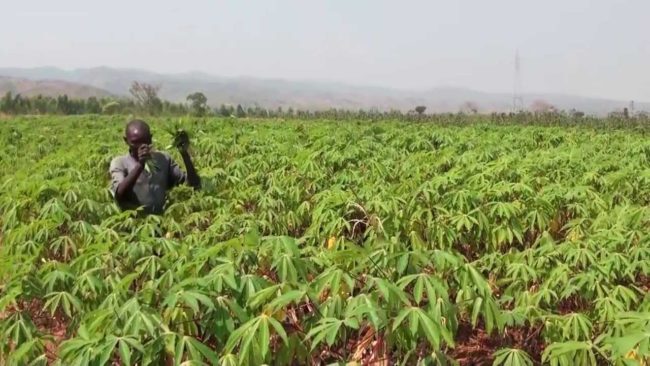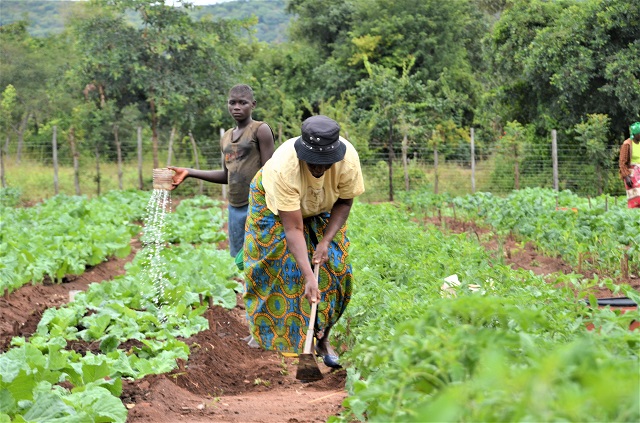Nairobi, the capital of Kenya, recently played host to a gathering of cassava experts determined to enhance the production of one of the country’s vital food crops. The National Cassava Conference and Expo 2023 (NCCE) brought together more than 1,000 experts and 150 exhibitors from across Kenya. This assembly aimed to explore strategies for boosting cassava production, productivity, and value-addition in the nation. In his opening address, Paul Rono, the principal secretary of the State Department for Crop Development and Agricultural Research in the Ministry of Agriculture and Livestock Development, highlighted the need to improve cassava production and reduce the country’s reliance on imports.
Cassava in Kenya
Cassava is the second most important root crop in Kenya, following the ubiquitous Irish potato. This drought-resistant crop serves as a staple food source for many rural households, addressing food security and poverty alleviation. However, despite its significance, the country currently imports cassava, even though Kenya possesses fertile, arable land. Principal Secretary Paul Rono emphasized the importance of adopting high-quality cassava seeds to bolster production and minimize dependence on imports. Kenya is eager to stimulate domestic cassava production to meet the challenges posed by food security and commercialization.
Challenges and Potential
Traditional cassava production methods in Kenya have fallen short of addressing the needs of food security and income for households, necessitating the importation of food from neighboring countries to meet consumption demand. While Kenya currently produces one million tonnes of cassava, the potential for annual production exceeds three million tonnes, according to official estimates.
Public Awareness and Economic Development
The National Cassava Conference and Expo 2023, organized by the Ministry of Agriculture and Livestock Development in collaboration with Self Help Africa, a charitable organization, also aims to raise awareness about the role of cassava in enhancing national nutrition, food security, and socioeconomic development. The event emphasizes the importance of cassava as a food crop, particularly in light of climate change and its potential to serve as a climate-friendly and pest-resistant crop.
Economic Challenges
Adolfo Cires, the program manager for Finance and Private Sector Development at the European Union Delegation to Kenya, recognized that economic challenges, including the COVID-19 pandemic, rising inflation, debt constraints, and climate emergencies, have hampered the development and application of advanced agronomic practices. This financial strain has limited research funding in the agriculture sector, impacting the transfer of technology for cassava.
Cassava’s Nutritional Value and Importance
Cassava is a valuable crop known for its nutritional richness, boasting high levels of dietary fiber, vitamin C, thiamin, folic acid, manganese, and potassium. It ranks as the fourth most important food crop globally, following maize, wheat, and rice.




















